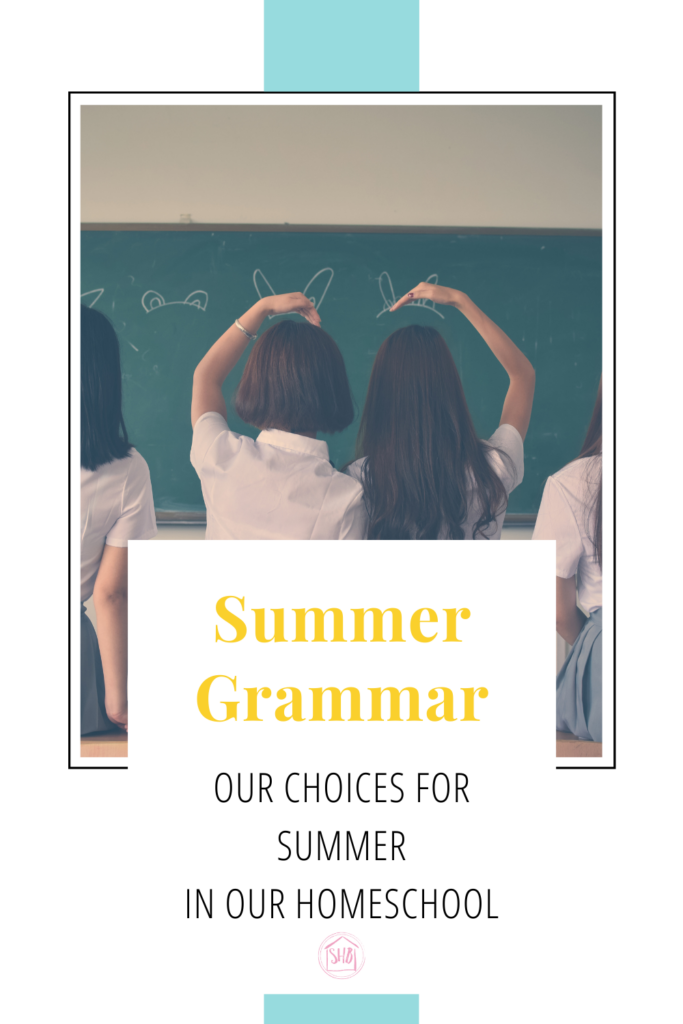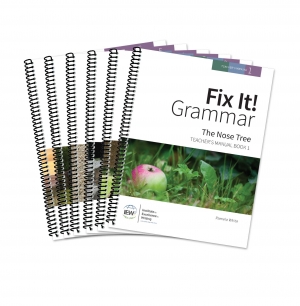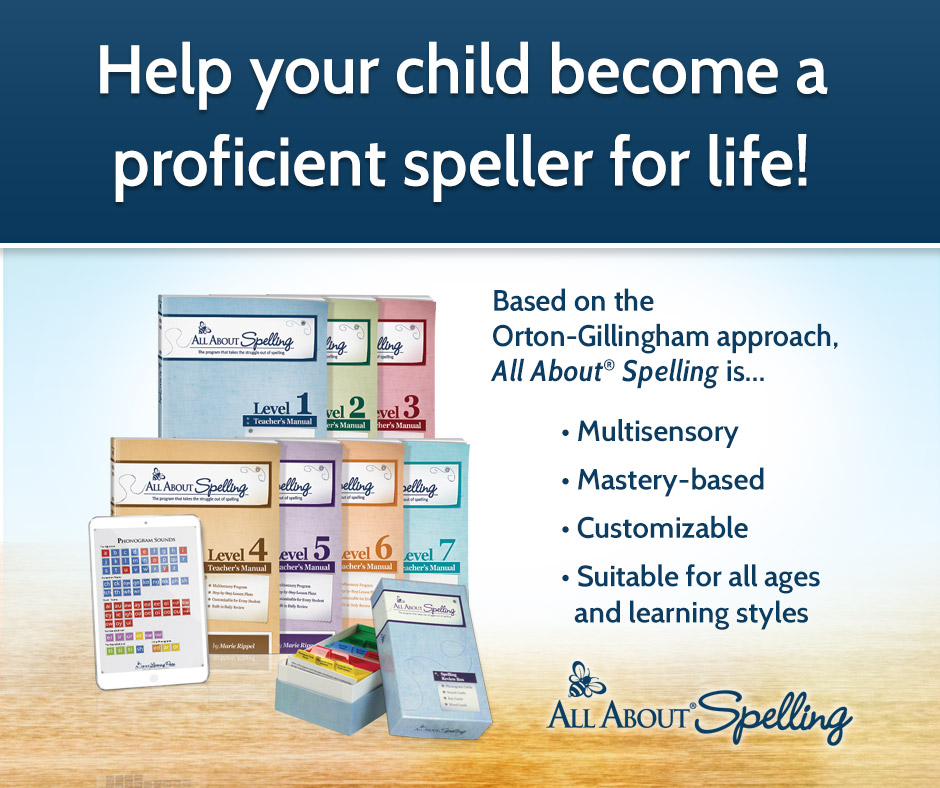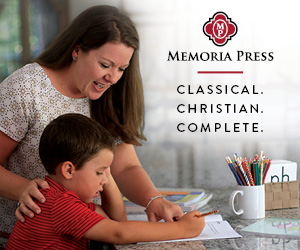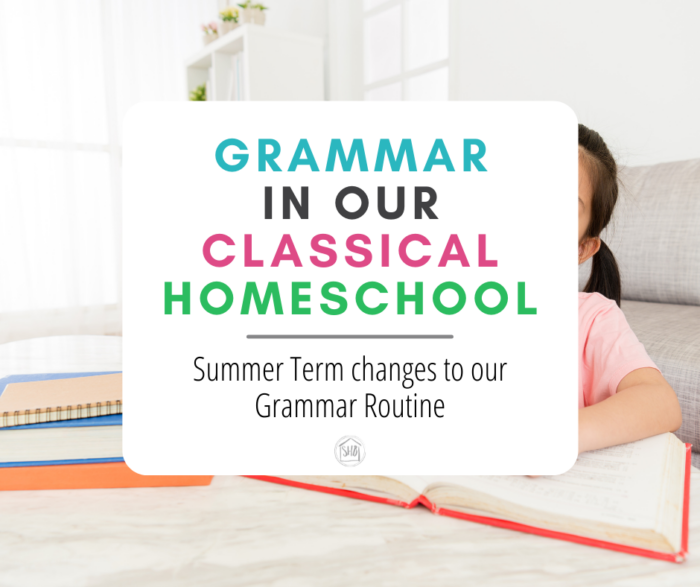
I feel like our homeschool looks rather complicated, from the outside looking in. There have been rumblings among my friends about “not doing it like Leah” does it. But the little secret my friends don’t know is I basically have two subjects I keep going year-round in my homeschool. That’s it.
What two subjects I believe essential to our homeschool? Grammar and Math
All the other stuff is delight-driven, read-alouds for the love of reading. It just may look more complicated because it takes us longer in our days. There are four untamed children roaming the wilds of our house, after all. Today, I had to drag them all out of bed at 9. And we didn’t get started on school until well after 11.
This post may include affiliate links. If you click and make a purchase based on my recommendation, I get a small remuneration at no extra expense to you. I only recommend things I use and believe to be a blessing.
Since we live in the desert of Southern California and we have officially entered the “too hot for outside unless in a pool” season – which lasts for about 5 months in a good year, we are driven inside for quite a bit of the “summer.” Thus I started doing a Summer Term just so we don’t go stir-crazy and get into bad habits.
The Summer Term is heavy on two things. Can you guess them?
Yep. Grammar. And Math.
Since Math is pretty much standard around here. We love Saxon Math and keep at it during the summer. I thought I would share with you what does change in our Summer Term – Grammar.
Table of Contents
I created this Table of Contents so you can jump to what interests you in this article by clicking on the topic you want to see. Or you can simply read through the article.
- Grammar in our Summer Term
- First Language Lessons
- Fix It! Grammar
- Poetry Memorization
- Additional Summer Grammar – Bonus!
Grammar in our Summer Term
Since we have a group of students spanning from almost 5th grade to preschool, we have a number of programs we use. I will detail each program we use, how we use it, and what we like about it. We have what I am tentatively calling “Grammar Hour” each day of our three day school week. During that time each student is working at some point and for some specified time on grammar related curricula. I am calling it an hour because I am devoting an hour of my time each day to these pursuits. The children actually only have a portion of the hour in which they are working.
First Language Lessons
Currently I have two students going through First Language Lessons. My little guy (5 years old, don’t ask me what grade) is working slowly through Level 1. And my 3rd grader is zooming through Level 3 – she will finish it this summer.
How We Use First Language Lessons
Since First Language Lessons is mostly open and go, I take about 15 minutes with each student to work through one lesson per day. We also take the time at the beginning of the lessons to practice memorizing and reciting the poems included in the book.
My little guy was reluctant to learn one of the poems until a couple of days ago. Then it clicked. I think I have discovered the reason – crippling perfectionism. It’s a thing. I have to use all the tools in my teacher tool belt to get him engaged sometimes. But he is starting out our Summer Term with enthusiasm I have not seen before from him.
What We Love About FLL
I absolutely love the fact that First Language Lessons is open and go. There are add-ons sometimes, but for the most part, it is entirely self-contained.
Also, I love that we can adapt the definitions to match the English Grammar memory work for Classical Conversations. The review is mixed up enough, too – including all three cycles of CC. We bounce through our memory work throughout the year and into the summer so none of it is very far from our minds for an extended period of time.
My older student is just outside the cut-off for Essentials this next year (11 days!). I love that Level 3 of First Language Lessons is giving her the earliest impressions of sentence diagramming and more intensive grammar included in Essentials. She will be that much more prepared for Essentials when she is finally allowed in! She loves sitting with me and working through her Level 3 workbook. The workbook helps keep her engaged, too. She is my wiggly-learner.
I have written a bit more of my impressions of First Language Lessons, the first time we went through Level 1 here.
Fix It! Grammar
My current Essentials student started doing Fix It! Grammar with me last summer. I have written in detail exactly how we use this program here.
How We Use Fix It! Grammar
Since I have written an extensive article about Fix It!, I will only detail here when we use it. We started using it the summer before my oldest student started Essentials. We started with The Nose Tree, though they do have a placement test (in case your students are starting at a more advanced stage). Last summer we were able to get through 22 weeks of The Nose Tree during our Summer Term last year. This year we are set to finish up The Nose Tree and continue into Robin Hood. My student is enthusiastic about Grammar, so she loves to zoom through it!
What We Love About Fix It! Grammar
Fix It! Grammar is dear to my heart because it is dedicated time with my oldest student. This past year was her first year of independence in school. I am not there teaching and reading everything to her. She is off on her own for the most part. We get to come together once a week and have a Grammar celebration! We truly enjoy it together!
The stories are wonderful and engaging, too! Since we are a literature loving homeschool, I love that we are still getting the richness of a story with our grammar learning.
Poetry Memorization
As I have mentioned a number of times on this blog, we are a poetry loving and reciting family. We just find so much joy and delight in the turning of a phrase.
We use the Institute for Excellence in Writing’s Linguistic Development through Poetry Memorization. What a mouthful! Last summer, I created some student books for my kids from the downloads available when you purchase the Teacher’s Guide. We are almost ready to create another one to my little guy. He already knows a number of the Level 1 poems. And our littlest learner, currently 3, has had one of the poems down – with strong emotion in the telling – for at least a year. It truly is an all ages curriculum I find perfect for Summer Term learning.
How we work on Poetry Memorization
Everyone in our homeschool is working on some sort of memorization at all times. The Summer Term is our opportunity to return to IEW’s Poetry Memorization program in a more formal setting. We work through the poems one by one, practicing according to IEW’s recommendations for review.
Each student (minus the youngest) spends up to 15 minutes each day working on poems. The younger ones obviously do not require the full 15 minutes. My 3 year old has a number of nursery rhymes and simple songs she sings as part of her “Poems!” Yes there is an exclamation point there for a reason. Ha!
My big kids do the full 15 minutes of review and recitation. They will likely be able to make it through Level 2 this year. The IEW Poetry Memorization program is actually intended to be a multi-year curricula – even up to 5 years! Which is exactly how we intend to use it in our homeschool. Every summer for 5 years – that way the poetry feels like coming home.
Psst…I have shared more extensively how we Memorize in our Classical Homeschool in this article. It has some great ideas with memorization games we love!
Why We Love Poetry Memorization
As I mentioned poetry brings joy to our days. And that is good enough reason for me to keep at it.
However another beautiful aspect of working through a Poetry Memorization curriculum is the one-room schoolhouse culture it feeds. The younger students are learning by watching the older students – sometimes for years – work on the same poems they will one day be required to memorize and recite. The older students can listen to the younger students to check their ability, help them as needed, and encourage them along the way.
I personally love the practice in delivery my students get on a daily basis with their poetry recitations. They learn when to pause for suspense, when to let the audience in on a light hearted line, how to bring an audience in. My kids get lots of practice speaking in front of other people through our Classical Conversations community. I encourage them to share their favorite poems during their weekly presentations throughout the school year. Since they are so well practiced during our Summer Term, they are excited to share certain well-loved verses.
Additional Summer Grammar – Bonus!
I have shared before about our Latin Gathering – Conlatio – which is a one-room schoolhouse approach to Latin. This summer it is back and better than before.
As we drove in the car this evening I was telling my husband just how pleased I am with how our first Conlatio of the Summer Term went. Primarily for students with a little bit of the Classical Conversations Latin and English Grammar under their belts, my oldest two students are the only ones who can stick it out to the end. But oh! the discoveries!
We had a question about the function of a noun in a sentence and my oldest said, “The only way I can figure this out is by diagramming the sentence.” O-K-A-Y! Go right ahead, girl! You got this!
Later we worked on “translating” the Latin Phrase of the Week.” I asked what do you think pluribus means? Is there a word it reminds you of?” Out of the fog my second student seems to be in, she replied, “Plural!” Um…YES! Let’s work with that!
These students are getting lots of Latin and English Grammar practice which is feeding their knowledge in both areas and helping them to learn new things. Oh, it is all too good to tell you here. I will write a whole post about it later in this series!
Suffice it to say – we have got some serious Grammar Hour good vibes going on around here! Can you tell how exciting I find all of this to be?
Excuse me while I go push my glasses up on my nose…
